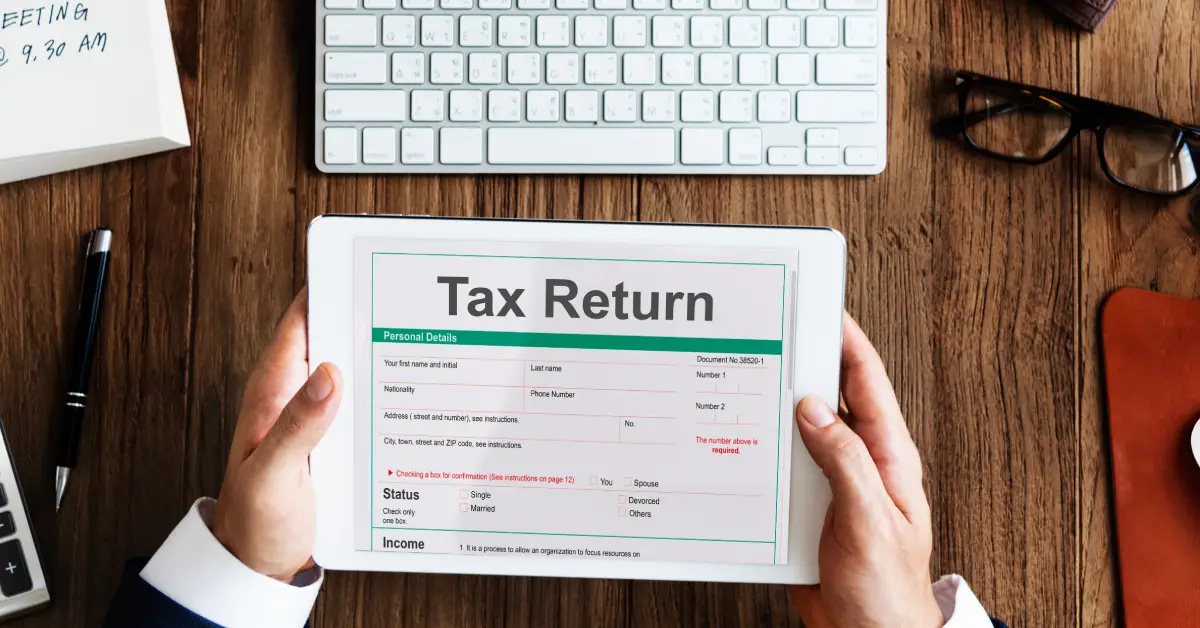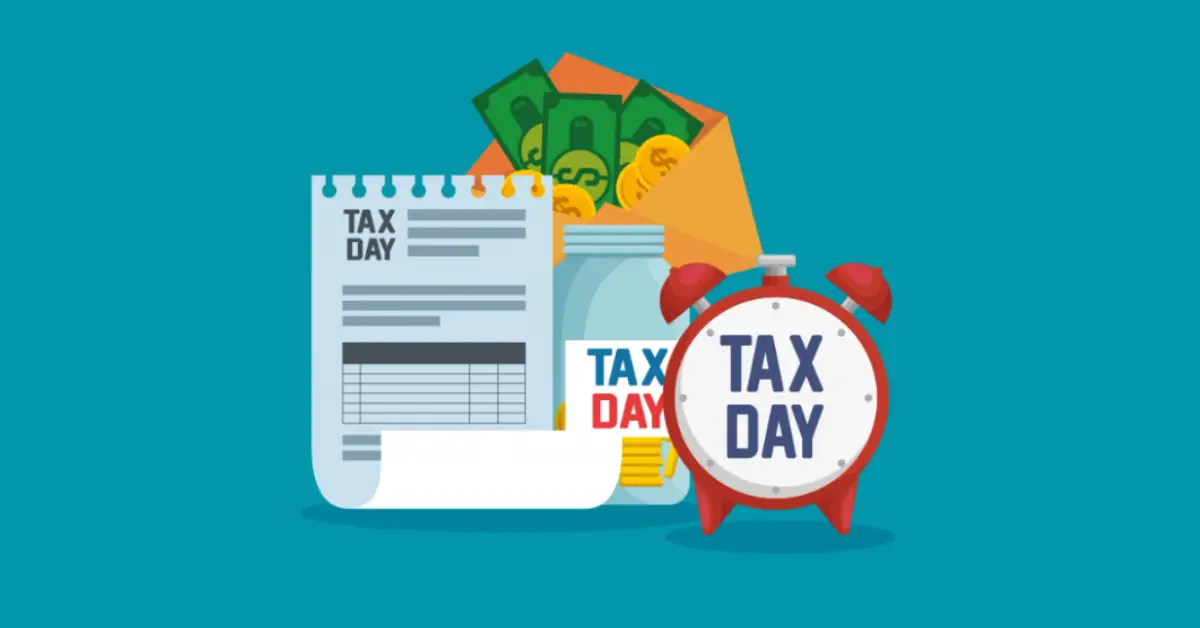We Paid Taxes in "Tax-Free" Dubai; Here's Why That's Exciting – Our UAE Corporate Tax Case Study
Table of Contents
We at GenZone are thrilled to announce a historic milestone in our business journey! Last month, we filed our corporate income tax returns and successfully fulfilled tax obligations under the UAE’s newly introduced corporate tax regime. This marks our proud participation in the UAE’s first-ever corporate tax period, covering the financial year 2024 (January 1 to December 31).
Of course, you might be wondering why we are talking about filing returns and paying taxes when we’ve been your trusted partner in relocating to Dubai and setting up a company here to let you save substantially on corporate and personal taxes in your home country. As you may know, the corporate tax landscape in the UAE has undergone some changes recently.
Dubai isn’t completely tax-free anymore, but don’t worry – the business tax you will need to pay for your operations in the UAE is only a fraction of what you might be required to pay in your home country. And yes — there’s still no tax on personal income here!
In this first-of-its-kind Dubai corporate tax case study, we explain why we paid business tax in Dubai. Drawing from our own experience, we provide a comprehensive breakdown of the situation to give you a clear insight into the UAE’s new tax regime and how it will impact your business as you prepare to move to Dubai to establish and grow your business.
Well, if you don’t enjoy reading, watch the video below, in which Kevin McKenzie, the co-founder of GenZone, explains everything perfectly.
The Dubai Corporate Tax History
Dubai’s business landscape was built on a powerful promise: 0% corporate and personal income tax. However, corporate taxation underwent a change with the introduction of a federal corporate tax in 2023. The UAE authorities, responding to global pressure to implement business taxation, set a new 9% corporate tax.
One of the key drivers of this shift was the Organisation for Economic Co-operation and Development (OECD)’s global minimum tax initiative, designed to curb extensive profit shifting to low-tax jurisdictions worldwide. By implementing its own tax framework, the UAE proactively aligned with these standards, reinforcing its reputation as a transparent and attractive business hub.
A recent “millionaire migration” to Dubai and other tax-free havens has been cited as strong evidence of this trend. According to recent research by independent agencies, countries like the UK are losing thousands of millionaires annually, with many high-net-worth individuals relocating to Dubai to expand their businesses and grow their investments.

Who Actually Pays the 9% Corporate Tax?
The corporate tax is not applicable to everyone. When you hear “9% corporate tax in Dubai,” you might assume it applies to all businesses. The truth is, it doesn’t. This tax is specifically designed not to affect a big majority of small and medium-sized businesses.
The key to understanding who needs to pay the tax lies in a simple two-threshold system. Think of it as two gateways, and you only pay tax if you pass through both.
Threshold #1:
The Revenue Test: This is the first filter. If the annual revenue of your business is below 3 million UAE Dirhams (approx. $816,000), you stop here. You owe 0% corporate tax, regardless of how much profit you make. Even if you have a 99% profit margin on 2.9 million AED in revenue, you pay no tax!
Threshold #2:
The Profit Test: This is the next filter. You only reach this test if your revenue goes beyond 3 million AED. Here, the focus shifts to your profitability. The rule is you only pay tax if your net profit exceeds 375,000 AED (approx. $102,000).
Well, this results in three clear scenarios:
- Scenario A (Revenue >3M AED, Profit >375K AED): Yes, you are subject to corporate tax in Dubai, but with significant relief (explained next).
- Scenario B (Revenue >3M AED, Profit ≤375K AED): You pay 0% corporate tax. Your business is generating high revenue but with leaner profits, so you’re protected.
- Scenario C (Revenue <3M AED, Profit any amount): You pay 0% corporate tax. The profit amount is irrelevant if you haven’t crossed the revenue threshold.

Small Business Relief Cuts Your Tax Bill
Assume your business has grown and you have surpassed the two thresholds. Congratulations! This is where Dubai’s pro-business viewpoint proves itself with an incredible and insightful mechanism called Small Business Relief.
This is neither a complex tax credit nor a loophole, but a straightforward and powerful benefit for small businesses. The relief works on a simple principle: the first 375,000 AED of your net profit is completely tax-free.
This means the UAE government only taxes your profits beyond this amount. It is designed to make sure that businesses making the leap to profitability enjoy strong systematic support, not burden, as they scale.
This relief honors that crossing the 3-million-AED revenue mark is a great achievement and offers a breathing room for small businesses to flourish.

Dubai Tax Calculation Case Study (And What We Paid)
A real example of the UAE’s tax calculation will give you more clarity on this. We’d like to break down the business tax calculation based on our own experience while filing and paying tax for GenZone and some of our clients.
For this example, however, we don’t rely on real numbers — they’re just for reference.
Business Profile:
• Annual Revenue: 3.1 million AED (exceeds the first threshold)
• Net Profit: 475,000 AED (exceeds the second threshold)
• Status: Qualifies for Small Business Relief
The Calculation:
Total Net Profit: 475,000 AED.
Apply Small Business Relief: Subtract the tax-free portion — 475,000 – 375,000 = 100,000 AED.
Apply the 9% Tax Rate: 100,000 AED × 9% = 9,000 AED tax owed.
The Impact of the Relief:
To appreciate the savings, let’s see what we would have paid without Small Business Relief:
• Without Relief: 475,000 AED × 9% = 42,750 AED.
• Total Savings: 42,750 AED – 9,000 AED = 33,750 AED.
As you can see, this relief saved us over thirty-three thous and Dirhams — money that can now be reinvested directly into growing our business and serving our clients better.

The Effective Tax Rate is Just 1.9%
This is the most exciting part for any business owner wishing to relocate to Dubai. Although the statutory tax rate is 9%, your effective tax rate – the percentage you actually pay on your total profit after the Small Business Relief – is significantly lower.
Let’s continue with our example:
Total Profit: 475,000 AED
Total Tax Paid: 9,000 AED
Effective Tax Rate: (9,000 / 475,000) × 100 = 1.9%
Got it? So in this case, you’re truly paying just 2% effective tax rate in Dubai, not 9%. That’s the whole point – and it’s pretty amazing!
It shows that even when your business is successful enough to pay taxes, you still get to retain the vast chunk of your earnings thanks to Dubai’s business tax system.
The “true” 9% rate only really kicks in at extremely high profit levels where the 375,000 AED relief turns out to be a small fraction of your total profit.
Anyway, for any growing business, paying corporate tax in Dubai is a milestone that amazingly comes with a light touch. It’s a sign that you’ve “made it,” and the system is designed to celebrate that, not penalize it!
Bottom line? In Dubai, you’re not penalized for making profits, even if they are from a business.
UAE Corporate Tax FAQs
-
1. Is Dubai still tax-free?
No, Dubai is no longer completely tax-free for businesses. There is a 9% federal corporate tax in practice. However, due to the generous tax structure, most small-medium businesses pay very little or zero tax. The effective rate for growing businesses is typically just 1-3%, not the full 9%.
-
2. Do I actually need to pay the 9% corporate tax?
You only pay corporate tax if you meet BOTH these conditions:
- Annual revenue exceeds 3 million AED (~$816,000)
- Net profit exceeds 375,000 AED (~$102,000)
If you don't meet both thresholds, you pay 0% tax. This means if your revenue is 2.9M AED with 99% profit margins, you still pay nothing.
-
3. What is Small Business Relief and how does it work?
Small Business Relief makes the first 375,000 AED of your profit completely tax-free. You only pay 9% tax on profits above this amount.
Example: If your profit is 475,000 AED:
Taxable amount: 475,000 - 375,000 = 100,000 AED
Tax owed: 100,000 × 9% = 9,000 AED
Effective rate: Only 1.9% of your total profit -
4. What if my revenue is high but my profit is low?
You pay 0% tax. If your revenue exceeds three million AED but your net profit is 375,000 AED or less, you owe no tax at all. This is how the system protects businesses with high revenue but leaner margins.
-
5. Is personal income still tax-free in Dubai?
Yes! There is no tax on personal income, salaries, or dividends in Dubai. The 9% corporate tax only applies to business profits above the thresholds.
-
6. Is Dubai still worth it for my business with the new corporate tax?
Absolutely. Even with corporate tax, Dubai remains one of the most tax-friendly jurisdictions globally. With effective rates of 1-3% for most businesses, no personal income tax, world-class infrastructure, and strategic location, it's still highly competitive compared to 20-30% corporate tax rates in most developed countries.
Does GenZone Offer Tax Consultation in Dubai?
Yes, we do. Along with our services of assisting you to set up your dream company in Dubai, we offer comprehensive and cutting-edge tax consultation services.
If you’re looking for a reliable Dubai tax consultant, GenZone is your trusted partner to get it done – from corporate tax registration to filing returns and managing ongoing compliance.
Beyond Dubai tax services, we’re also dedicated to delivering global tax consultation and tax planning, thanks to our team of highly experienced tax consultants who understand the nuances and intricacies of cross-border business operations. Book a call with the GenZone team below.

A real estate, company formation, and taxation expert who has secured multiple properties, residencies, and passports across borders. After relocating from Canada to Dubai, Kevin McKenzie co-founded GenZone with Shayan Nasiri to help entrepreneurs and professionals navigate residency, banking, taxation, and global mobility.
